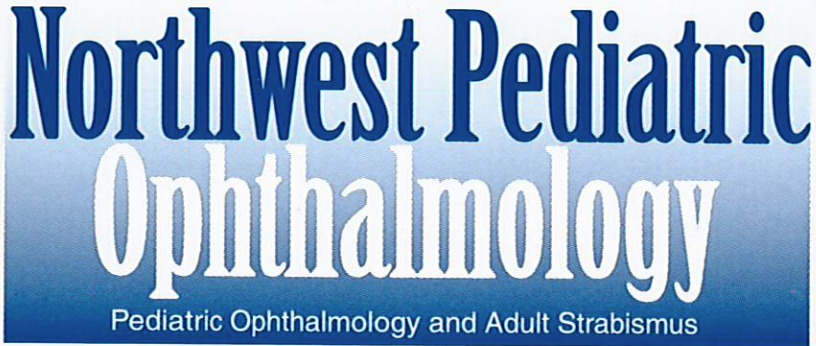Cataract Care Instructions
DIETARY RESTRICTIONS:
Under
2 years old
OVER
2 years old
Note: Call with questions regarding dietary restrictions.
Avoid aspirin/ibuprofen for 2 weeks before surgery, unless prescribed by your primary care practitioner. Acetaminophen (Tylenol) is ok.
Your child may bring a blanket or bedtime buddy with them. Please wear loose-fitting clothing and bring a change of clothes with your child on the day of the procedure.
What to expect at the Pediatric Surgery Center
Upon arrival at Providence Sacred Heart Children’s Hospital, you will check into the Pediatric Surgery Center located on floor L1. Once you are checked in, the staff will start to prepare your child in the pre-operative area. This process takes about 90 minutes. You will be with your child through this process. When the doctor is finished with the procedure, the staff will take your child to the recovery room where you will join them. Expect to be at the surgery center for 3-4 hours.
Care of the surgical site
Eye drops along with the eye drop schedule will be given to you during your one-day post-operative visit. These are to be used after the surgery to help reduce the risk of infection and help to decrease swelling.
Eye Drop Instructions
Ask your child to look up and gently pull down your child’s lower eyelid to apply eye drop/ointment inside the eyelid. Having your child lie down can be a helpful position. You may need more than one person to help give the medication.
Changes you could expect to see
Possible nausea/vomiting can occur up to 12 hours after anesthesia.
Your child may experience irritation, itchiness, or mild discomfort. Most of the time, Acetaminophen (Tylenol) will take care of this.
The eye(s) may have some mattering on the first or second day.
The eye(s) may be bloodshot for up to ten days.
Eyelids may look swollen for a day or two.
Your child may have blurred vision and/or light sensitivity.
Usually, by the third day after surgery, your child should feel “almost” back to normal.
When can my child get wet?
Your child may take a bath or shower after the procedure but be careful not to get standing water in the eye(s).
No swimming for 2 weeks.
Are there any activity restrictions?
Take it easy for 2 weeks. No roughhousing, jumping, heavy lifting or swimming.
Following the procedure, your child should be kept in clean environments for 1 week. (No sandy or dusty areas).
Wearing a shield
Your child will have to wear a shield consistently for at least the first week. This may taper down to only at bedtime at the discretion of your doctor. When taping the shield onto the skin, make sure not to tape over their line of sight. Your child should be able to see through the shield. Be careful not to push on the eye when placing the shield. If your child wears glasses full-time, they may be used in lieu of the shield.
Follow-Up Exams
We will need to see your child multiple times in the following months, including a short check-up the day after surgery. We will provide you with your post-operative eye drops at that time.
How long will my child’s procedure take?
Cataract procedures can take up to 90 minutes. The procedure may take longer depending on how complex the case is. Typically, from check-in to check-out you may spend close to 4 hours at the hospital.
How can I manage my child’s pain?
Some pain and discomfort can be normal after surgery. If your child does experience pain or discomfort our surgeons recommend over-the-counter pain relievers such as Acetaminophen/Ibuprofen.
Alternating these two pain relievers does a great job of staying on top of any discomfort your child may experience. If your child can use these medications, be sure to follow the dosing schedule on the bottle.
When should I call the office?
Call us at 509-838-6686 if any symptoms get worse, such as pain, goopy discharge, significant swelling or redness around the eye, fever over 100.5, lethargy, loss of appetite, or vision problems. Or any time something "doesn't feel right."
